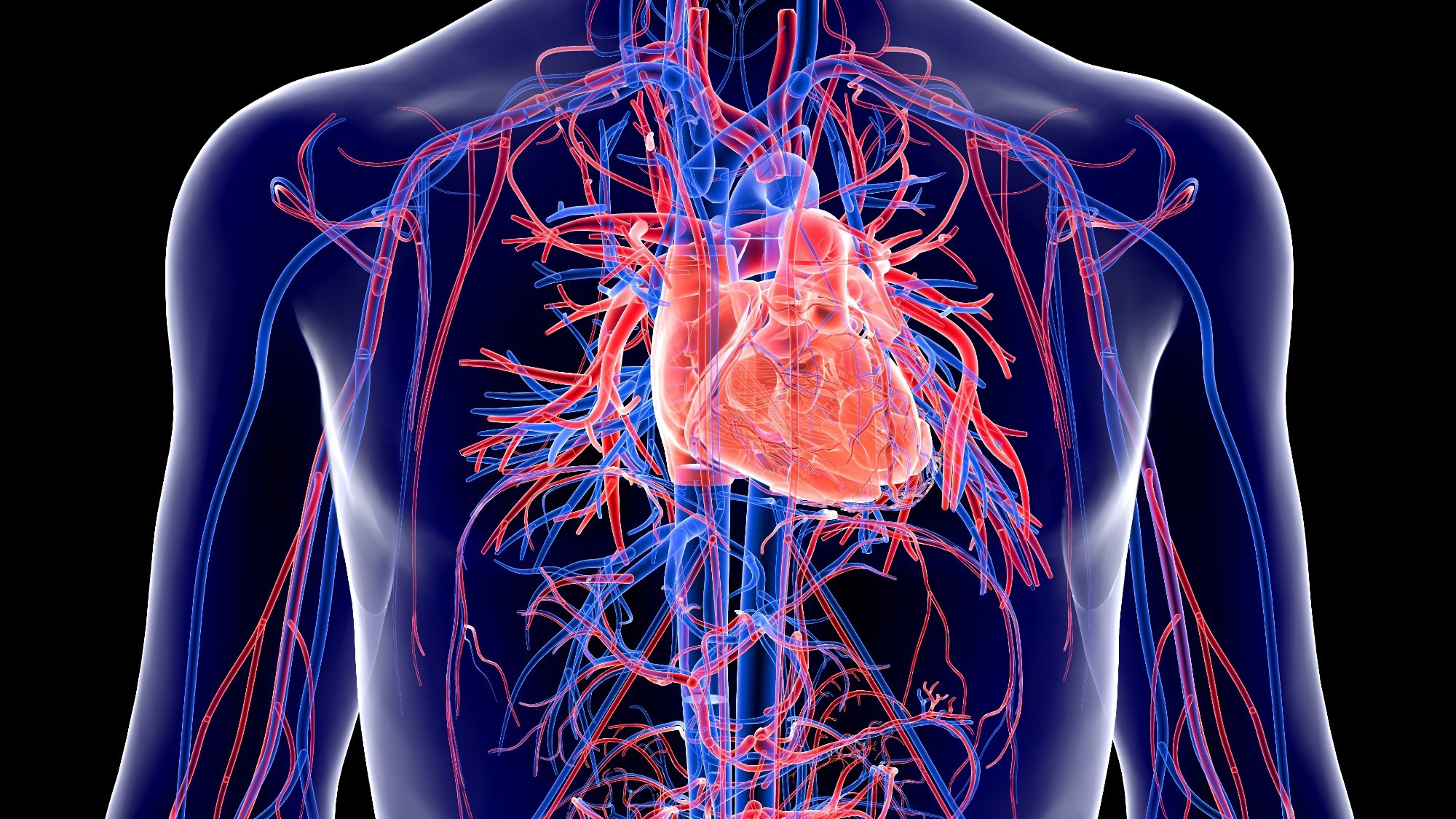Introduction
What is ischemic reperfusion injury (IRI) and its causes?
Cardioprotective agents and strategies
Future directions
References
Further reading
Cardioprotection refers to any intervention which seeks to decrease the risk of developing any adverse cardiovascular event; namely preserving the function of the heart by reducing or preventing damage, such as myocardial infarction and other sequelae of ischemia or reperfusion.
 Image Credit: Elle Aon/Shutterstock
Image Credit: Elle Aon/Shutterstock
Cardioprotection is an umbrella term that includes several strategies that have been shown to preserve the function and viability of cardiac muscle cell tissue subjected to ischemic insult or reoxygenation. These strategies may be implemented at three possible time points; before an ischemic event (preconditioning), during an ischemic event (preconditioning), after an ischemic event, and during reperfusion (postconditioning).
Further stratification of cardioprotection can occur by performing the intervention either locally or remotely. This gives rise to classes of conditioning called remote ischemic preconditioning (RIPC), remote ischemic postconditioning, and remote ischemic postconditioning.
What is ischemic reperfusion injury (IRI) and its causes?
Ischemic heart disease is considered to be the leading cause of death and disability across the world. The consequences of ischemic heart disease result from the subsequent effects of acute ischemic reperfusion injury (IRI), which causes the death of cardiomyocytes, cardiac failure, the development of arrhythmias, and patient death. This is paradoxical, as restoring blood flow to previously ischemic tissue (essential to salvage what is left) results in later damage to the heart. this is the main target for cardioprotective strategies.
The clinical settings in which the heart is subject to acute IRI include:
- The acute ST-segment elevation myocardial infarction (STEMI): a patient with acute myocardial ischemia due to coronary artery occlusion at the site of a ruptured atherosclerotic plaque is reperfused by the primary percutaneous coronary intervention (PPCI) to restore coronary blood flow. There is currently no effective therapy for preventing myocardial reperfusion injury, which is a form of cardiomyocyte death following reperfusion of the ischemic myocardium
- Ischemic heart disease patient undergoing coronary artery bypass graft (CABG)
- Heart transplantation – here, the heart is subject to widespread, actual IRI despite attempts at cardioprotection
In each of these chemicals setting examples to come up with patient mobility and mortality is still challenging. Several therapeutic interventions have been investigated to combat IRIs but have been largely unsuccessful. As such, new treatment strategies which target novel pathways for cardioprotection are needed to limit myocardial infarct size and ensure the preservation of cardiac function. This thereby prevents the onset of heart failure and increases the likelihood of patient survival.

 Related: Just 30 minutes of exercise each day can lower heart disease risk
Related: Just 30 minutes of exercise each day can lower heart disease risk
Cardioprotective agents and strategies
Despite the use of several strategies to prevent injury to the heart and limit myocardial infarct size, these strategies continued to fail. First attempts at cardioprotection were acquired over 40 years ago, and despite the belief that therapeutic intervention can limit the size of the myocardial infarct, evidence to prove that this can occur is yet to be seen, with a noticeable exception being early coronary artery profusion.
The potential cardioprotective agents that have been tested in clinical trials to reduce myocardial infarct size or improve ventricular function last have shown promise, include:
- Use of adenosine
- Therapeutic hypothermia
- Hypoxemic reperfusion: No overall difference seen - the patients with anterior acute myocardial infarction reperfused in less than six hours
- Use of glucose, insulin, and potassium
- Ischemic postconditioning
- Cyclosporine A
- Atrial natriuretic peptide (ANP)
- Protein kinase Cδ Inhibitor
Future directions
The most urgent direction that needs to be taken concerning cardioprotection is its transferability in humans. To be studied in patients, preclinical evidence must be obtained. Most notably, lack of reproducibility has confounded the field of cardioprotection. As approximately 1,000,000 Americans suffer acute my cordial infarction every year, and the prognosis depends on the amount of damage sustained by the heart, reducing infarct size is hoped to diminish the prevalence of heart failure and reduce mortality.
 Image credit: Shot4Sell/Shutterstock
Image credit: Shot4Sell/Shutterstock
References
- Joost P.G. Sluijter, Gianluigi Condorelli, Sean M. Davidson, et al. (2014) Novel therapeutic strategies for cardioprotection. In: Pharmacology & Therapeutics. Volume 144, Issue 1, pp 60-70. doi: 10.1016/j.pharmthera.2014.05.005. (https://www.sciencedirect.com/science/article/pii/S0163725814001004)
- David J. Lefer, Roberto Bolli. (2012) Chapter 28 – Cardioprotection. In: Editor(s): Joseph A. Hill, Eric N. Olson, Muscle, Academic Press, pp 369-388. doi: 10.1016/B978-0-12-381510-1.00028-4. (https://www.sciencedirect.com/science/article/pii/B9780123815101000284)
Further Reading
Last Updated: Dec 30, 2022